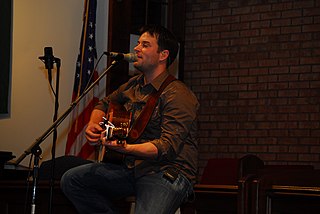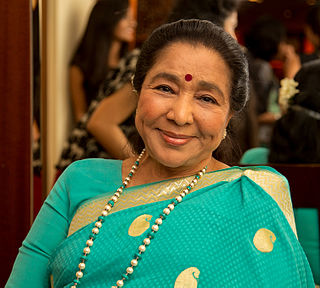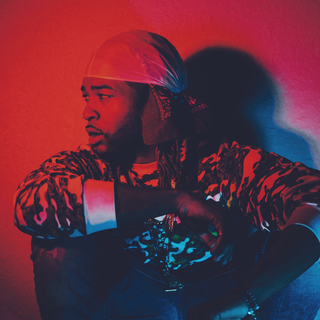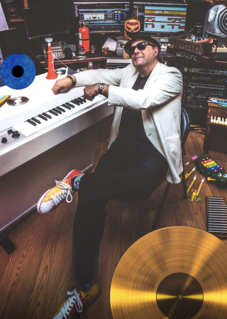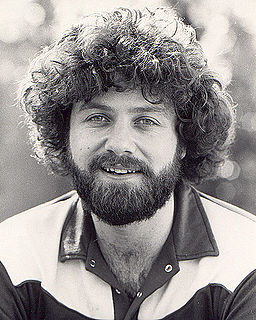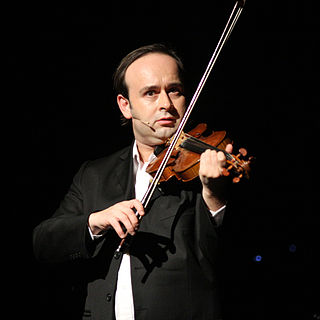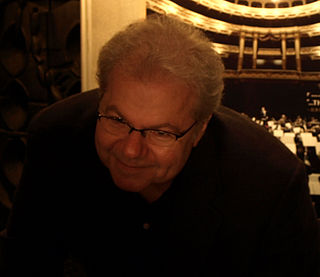A Quote by Michael Hersch
There are times I'm completely uncomfortable with my works being performed publicly, and I haven't attended certain concerts because the prospect is akin to having a diary read on stage. But there are also situations - whether with an audience of one, or many - where the concert experience can be deeply special, and those experiences are often unpredictable, and wonderful when they occur.
Related Quotes
I like to compare the first experiences of the Internet - the fortuitousness, the chance - with reality, with the experience, for example, of being in a city that you don't know. Many times - and I don't know if I can totally defend this argument - I've found that the way one experiences the world, and daily life, we are constantly dealing with these perceptions. And it seems like it works, this superficial perception of determinacy, but it's completely ridiculous.
Theatrical times are different from concert times, to put it simply. Taking a figure like [Mahatma] Gandhi and setting him on a stage requires thinking about what theater is about and what the whole experience is about and what we're trying to communicate in that way, so you get into certain less abstract considerations.
We are fans of Mozart and Beethoven, as well 'South Park' and Borat. We believe that we can attract many people who eschew the serious ambiance of concert halls and don't go to classical music concerts because of such reasons. However, there is a 'serious humor' on the stage: funny and ridiculous. That is important!
The 'phenomenal concept' issue is rather different, I think. Here the question is whether there are concepts of experiences that are made available to subjects solely in virtue of their having had those experiences themselves. Is there a way of thinking about seeing something red, say, that you get from having had those experiences, and so isn't available to a blind person?
Normally classical music is set up so you have professionals on a stage and a bunch of audience - it's us versus them. You spend your entire time as an audience member looking at the back of the conductor so you're already aware of a certain kind of hierarchy when you are there: there are people who can do it, who are on stage, and you aren't on stage so you can't do it. There's also a conductor who is telling the people who are onstage exactly what to do and when to do it and so you know that person is more important than the people on stage.
My conception around being a woman in 2016 has definitely been shifting over the past year, because I feel like I'm proud of womanhood, and I feel attached to it, and at the same time I'm someone who doesn't believe in having a gender binary, and so often times I separate those two concepts in my mind - the concept of being a woman and the concept of being a girl or being female, being kind of attached to a certain gender identity.

